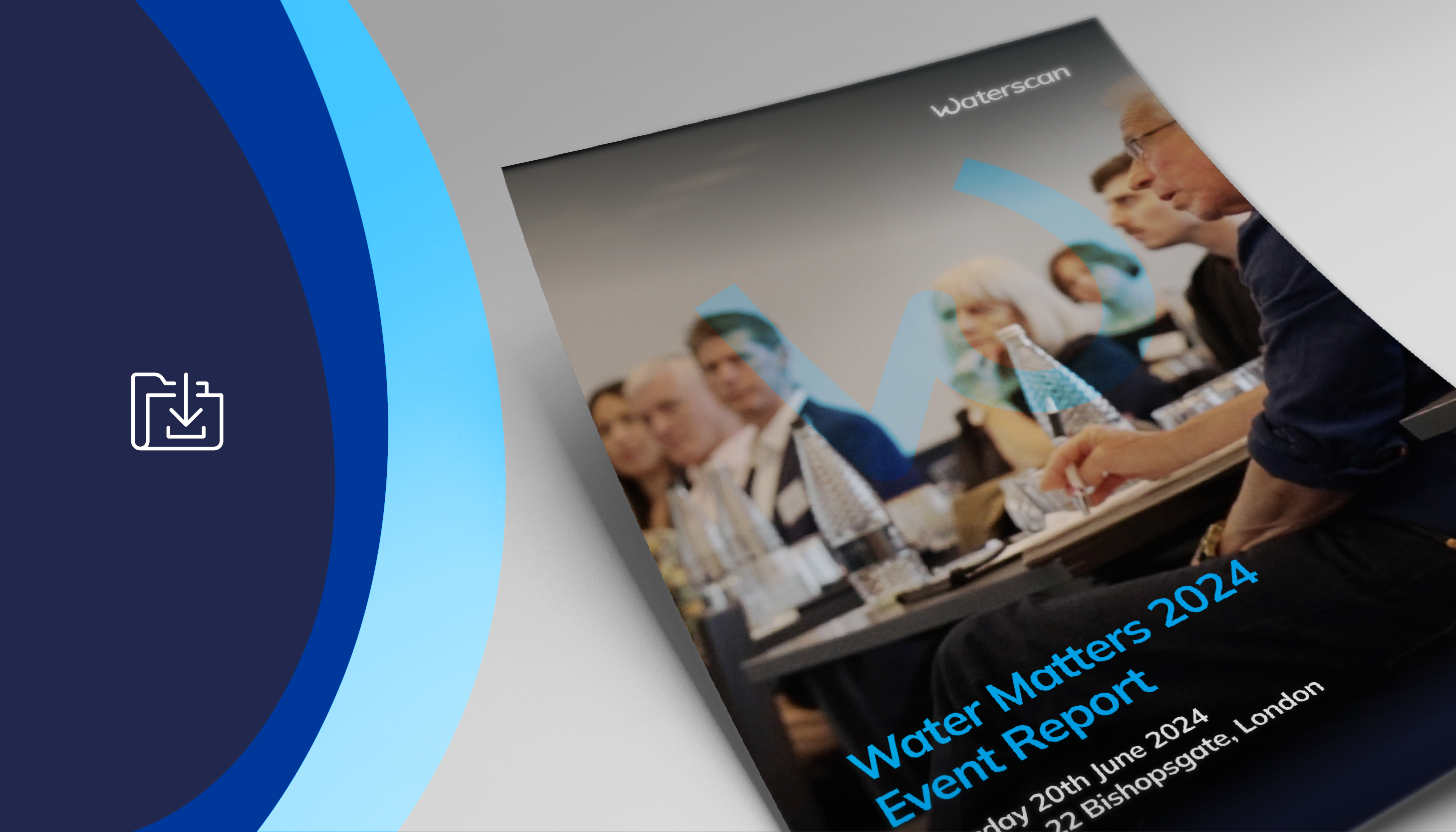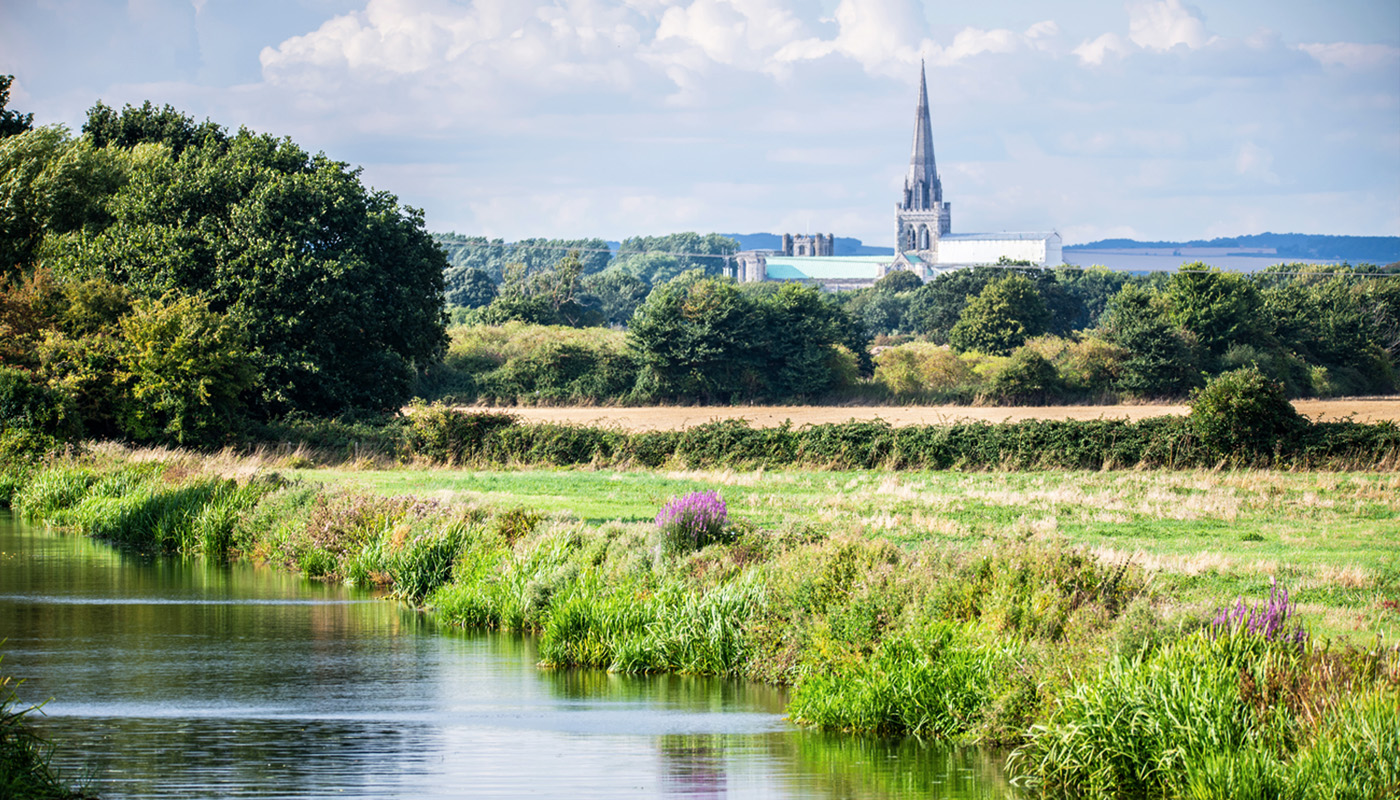Highlights from the second day of World Water Week.
World Water Week’s second day saw a diverse selection of subject areas covered, ranging from the role of corporate philanthropy to how integral culture is in defining water resilience, to making net zero possible in the water sector. The variety of issues covered during the day is a good indication of the size of the challenge which the world faces with water.
Intersectoral and interdisciplinary efforts will be the key to successful water security in the future. The UN 2023 Water Conference saw 836 voluntary commitments made. 45% of these were from NGOs, 26% from government, 11% from multilateral organisations and a small number from businesses, demonstrating the level of collaboration and effort required across multiple stakeholders.
This important message has resonated through today’s conference and highlighted the importance of consulting and learning from different perspectives, from local and indigenous communities, all the way up to governments and international organisations.
Key takeaways:
- The importance of institutional and investment, and sometimes political, readiness to facilitate water innovation.
- It’s clear that corporates need to make SDG 6 a core tenant of their business for the water sector to be able to reach its goals.
- The water industry has historically been a follower in the drive to net zero, and this stance needs to change. The water energy carbon-nexus explores how water is needed to produce energy and energy is needed to use water, and how silos around these topics need to be broken down.
- Water-culture-innovation nexus highlights how the use of traditional knowledge, and engagement with local communities, is key to combating water related issues and disaster.
Top sessions
Enhancing Local Resilience through Water-Culture-Innovation Nexus
Speakers: Various
Attended by: Esmond Bowerman – Sustainability Manager, Waterscan
By integrating water culture and innovation into our water management solutions, we can create a holistic approach that leverages both the latest technological advancements and the collective wisdom of communities, ultimately enhancing the overall effectiveness of efforts.
- The local indigenous knowledge along with historical and cultural heritage and wisdom deeply rooted in local communities can be used to better understand and expanded upon when dealing with water-clustered disasters.
- When we work with clients and advise them on projects, we should work closely with the local people to best integrate approaches appropriately.
“Historical knowledge can help increase water resilience.”
Making Net-Zero Possible for the Water Sector and the World
Speakers: Mark Smith, RSK, Water Sector Director / Dawn McGregor, CWR, Business Lead
Attended by: Jess Wyatt – Account Director, Waterscan
Covering the concept of net zero in the water sector, the challenges, and the views from the speakers on where we need to go. The water industry has historically been a follower in the drive to net zero – maybe the stance needs to change? People understand water more than they understand carbon and we need to start having the conversation about climate change in relation to water and the impact on people.
- We need to measure emissions first, then we can manage it.
- Water utilities in several countries have set targets for operational net zero (UK by 2030, Australia by 2035, Singapore by 2045) however the plans to do so don’t match the ambition.
- Every utility company needs a road map to net zero, and there’s an importance in making the approach joined up.
“Innovation is important, but we cannot rely on technology that doesn’t exist.”
Water in Business: From commitments to Transformation
Speakers: Sharif Hoque, H&M Group, Impact Lead / Caroline Black, World Resources Institute, Research Analyst / Federico Properzi, UN-Water, Chief Technical Adviser
Attended by: Jess Wyatt – Account Director, Waterscan
A fascinating panel session exploring the new perspectives that came from the UN Water Conference in March 2023, including the voluntary commitments, the potential for mandatory commitments, possible alignment of reporting tools as well as the critical importance of finance models and their availability, plus collaboration.
- Not many businesses have standalone water commitments – they are generally synergetic through things like CDP.
- There need to be more changemakers – one actor can’t take on water issues alone but more people need to come together to collaborate in different areas.
“If climate change is the shark, water is its teeth.”
Day two in numbers
- Turning the temperature down on your washing machine to 30 – 40 degrees. If everyone in Europe did this, it would be the equivalent of taking 1.2 million cars off the road.
- 80% of emissions in the water cycle is at the user end.
- Hot water in homes is 6% of carbon emissions in cities.
- The water sector is responsible for 2% of global GHG emissions (the same as the shipping industry).
- 80% of global wastewater isn’t treated.
- In the UN water conference in March 2023, 836 voluntary commitments were made, only 26% of these commitments had a clear definition of its funding source.
- 60% of freshwater resources are transboundary – this emphasises the importance of a high level overview with local insights.
- WRI analysis has found that only 1% of GDP is needed in order to achieve global water security (“Achieving Abundance”).
Final thoughts
It’s clear to see that water is a hugely complex issue which affects all areas of life, and the sector needs interdisciplinary understanding and collaboration to meet the challenges it faces now and in the future. It brings to the forefront the need for all of us in the UK water sector to reach out beyond our usual modes of operation, break the silos, and work with other stakeholders and experts from different fields to combat the issues we face.




